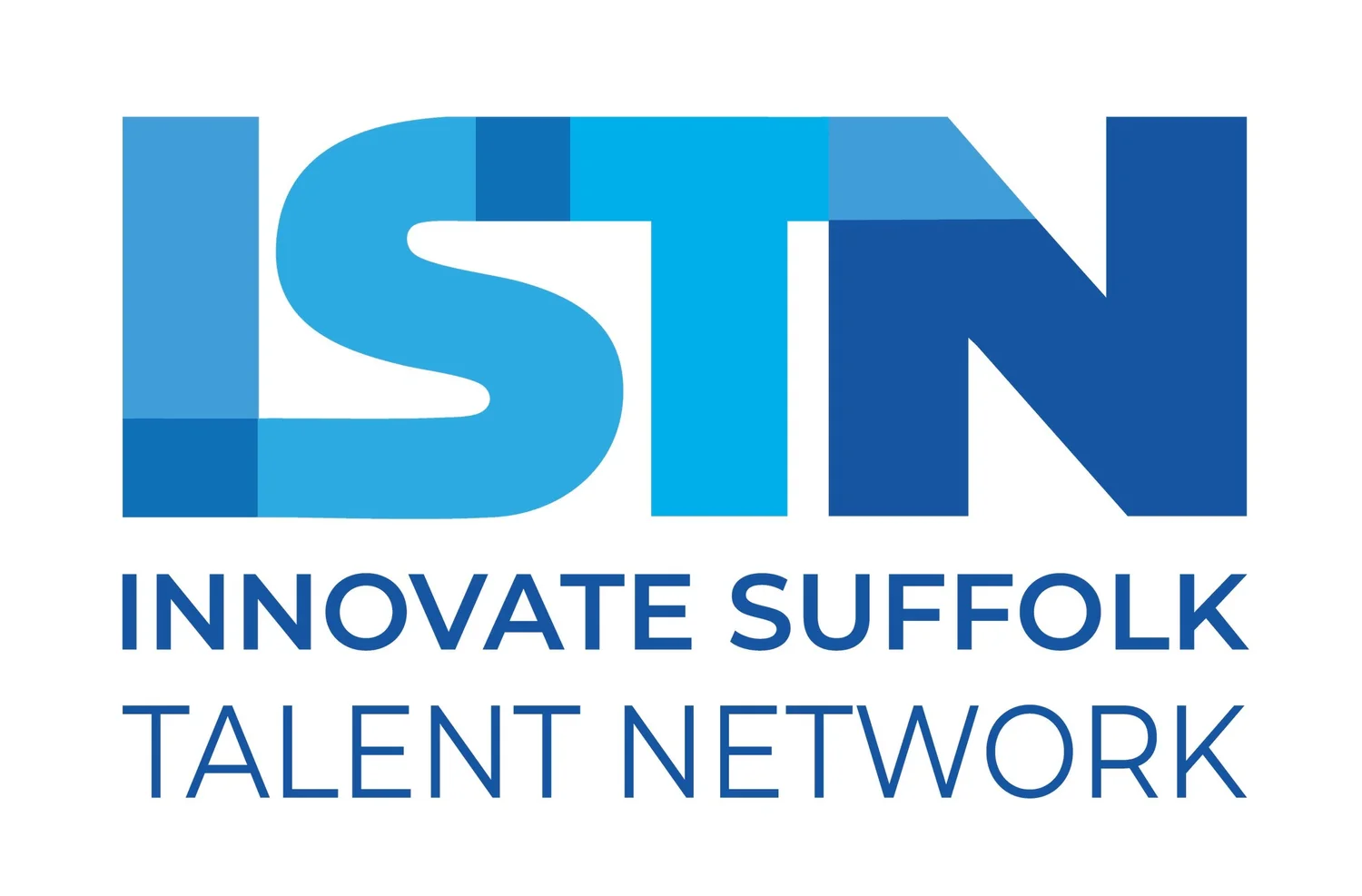Laptops and Orchestras…
Here are the background resources for the talk that I gave to Suffolk developers on the 13th of July 2021.
The opening music clip is a piece of music from Paul Thomson, which demonstrates some of the sounds from Spitfire Audio. (Paul is one of the two founders of Spitfire Audio, a cutting-edge UK ‘sample library’ company: https://www.spitfireaudio.com ) Everything you hear is produced by a computer, using recordings of real instruments.
(Close your eyes for a minute or so, listen(!), then open them and look for the connections between what is happening on the screen and what you can hear)
The ‘Sound Generator’ that I showed, and which produced much of the music soundtrack that I used for the ‘Westworld’ competition, is demonstrated here in a live performance:
You can read more about the sound generator in my blog:
http://blog.synthesizerwriter.com/2018/08/a-bank-of-max-for-live-oscillators.html
I programmed the ‘BankOSC’ sound generator in MaxForLive, which is a popular programming language for the audio software that I showed: Ableton Live.
MaxForLive https://www.ableton.com/en/live/max-for-live/
Ableton Live https://www.ableton.com/en/live/what-is-live/
( Audio software? There are many types of software applications, but the terminology that you will often hear in music technology circles is ‘DAW’ which stands for Digital Audio Workstation. A DAW is a general purpose music composition and arranging tool that works a bit like a multi-track tape recorder – which is what used to be used in recording studios in the 80s… )
For comparison to how you might generate that sort of sound in hardware, here’s one of the leading lights of the YouTube ‘Synthesizer’ community, giving an introduction to the vast world of hardware modular synthesis:
I quickly introduced more terminology:
Sample Libraries (Collections of pre-recorded sounds, where each note that a musical instrument can produce has been captured by a computer, whilst playing it in various ways: soft to loud, different intonations and playing techniques, etc.)
https://www.spitfireaudio.com/editorial/in-depth/grow-your-own-samples/
Virtual Instrument (The software that plays the sounds of a musical instrument in a sound library.)
https://medium.com/pragmatic-sound/what-are-virtual-instruments-c762055ddf71
And finally, the Westworld competition – to score a short excerpt from Season 3 of this TV series.
Introduction:
My entry:
The Winner:
If you are intrigued by just how accessible making music on a computer can be, then a good starting point is an orchestral library (because the results are probably going to impress people!) – and some of them are free:
So, whilst laptops (and other computers) may be busy making a lot of music, orchestras are also very occupied doing live tours (often of music produced by computers), making sample libraries - and just making music.
